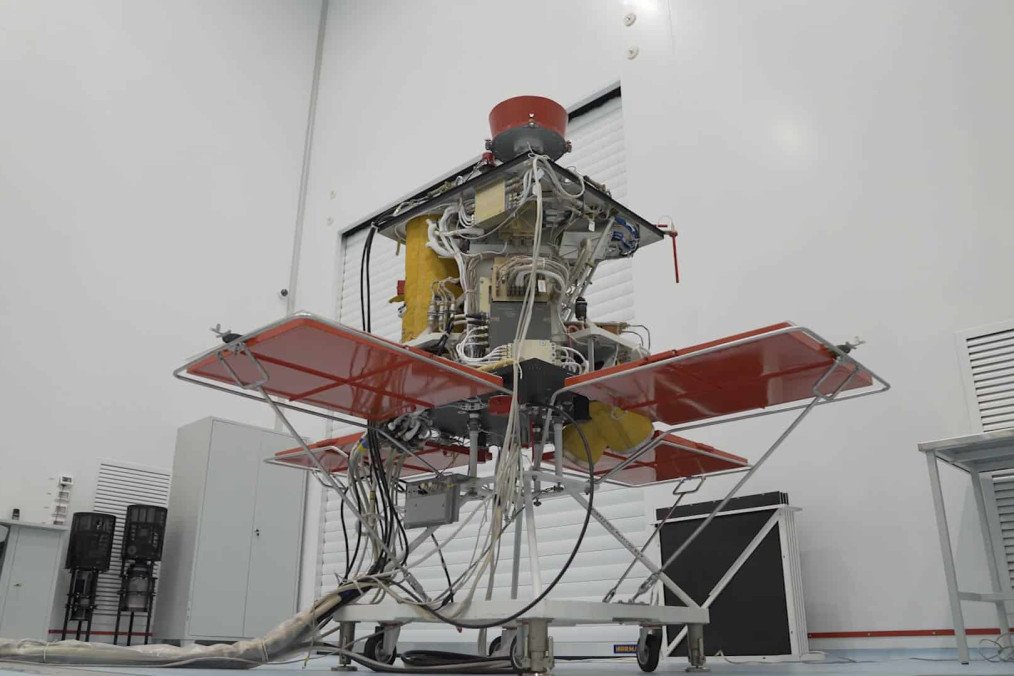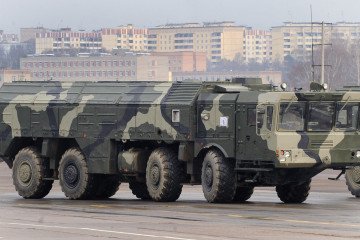Ukraine and the European Union signed an agreement formalizing Ukraine’s participation in the Copernicus component of the EU’s Space Program.
The signing ceremony took place in Brussels during a meeting of the Association Council, according to the Ministry of Strategic Industry on April 9.
Under the agreement, Ukraine will participate in key sub-components of the EU’s Space Situational Awareness initiative, including “Space Weather Events” (SWE) and “Near-Earth Objects” (NEO).
These sub-components focus on the study of space weather and tracking space objects that may pose a threat to Earth.
Cooperation will focus on several areas. The Copernicus component, which involves Earth observation through satellite and ground segments, will allow Ukraine to contribute to monitoring environmental and security changes globally.
Additionally, Ukraine will engage in SWE, studying space weather and its potential effects on Earth, as well as NEO, tracking space bodies and objects that could pose a threat.
The Copernicus program aims to provide high-quality, continuous Earth observation by leveraging vast amounts of data from satellites and ground, airborne, and marine measurement systems.
The data generated within the program is available to all users and the public free of charge, creating a valuable resource for global environmental monitoring, emergency response, and security.
Ukraine’s involvement in Copernicus is expected to bolster its cooperation with the EU in space-related activities and expand its expertise in remote sensing and space object observation.
The program’s data will support Ukraine in making informed management decisions, particularly in agriculture, civil protection, climate change, power grid protection, communication systems, environmental monitoring, security, defense, and infrastructure.
This agreement comes as Ukraine continues to strengthen its space capabilities. Recently, the Ministry of Defense of Ukraine established a space policy department to foster collaboration between state and private companies, as well as space scientists, in support of the Defense Forces.
The country’s Sich-2-30 satellite, launched in 2021, further underscores Ukraine’s growing role in space observation and Earth monitoring.
-bc56044d9363e1eb7fcc92ad8b70fccd.jpeg)
-554f0711f15a880af68b2550a739eee4.jpg)






